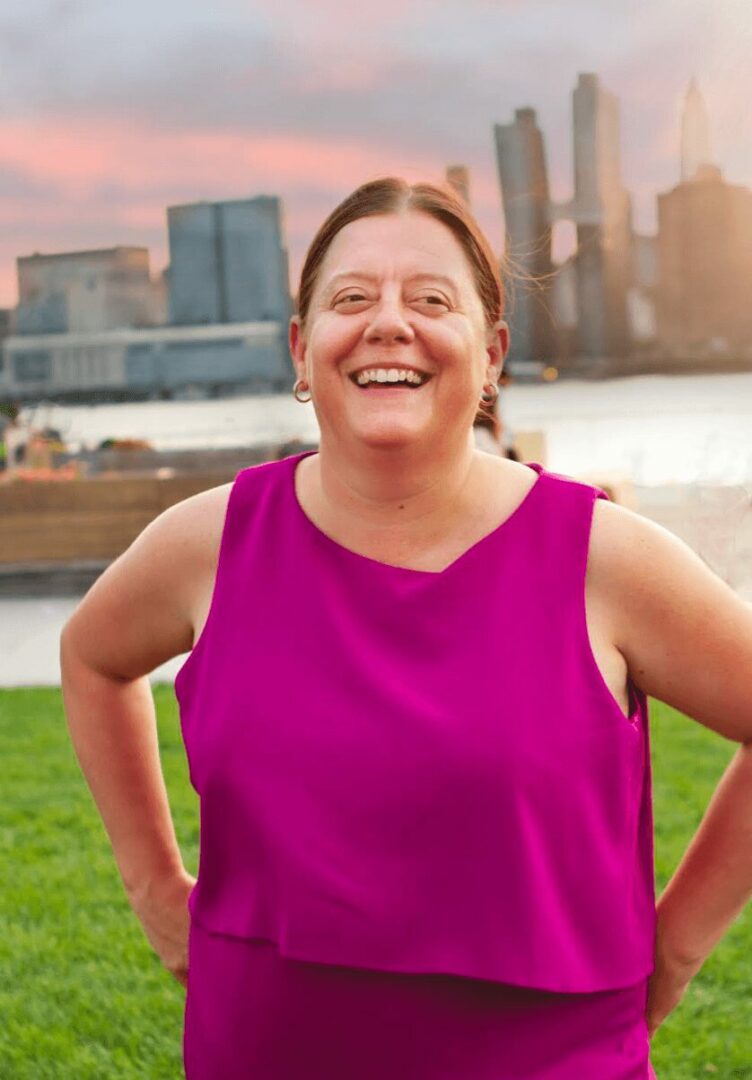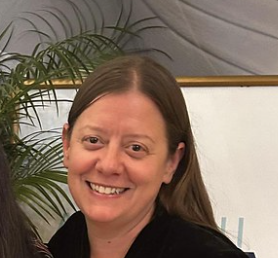We recently had the chance to connect with Julie Schwietert Collazo and have shared our conversation below.
Hi Julie, thank you so much for taking time out of your busy day to share your story, experiences and insights with our readers. Let’s jump right in with an interesting one: Have you ever been glad you didn’t act fast?
Absolutely. In fact, learning that it’s not always wise to act fast has been one of my biggest lessons during the past few years. When I was the director of the nonprofit that my husband and I started, I was frequently called upon to solve a problem really quickly. Learning how to discern truly urgent problems that needed my intervention from those that would be better solved more slowly or solved by someone else, wasn’t just life-changing for me. It was also positive (if occasionally painful) for the person facing the problem, as it encouraged them to be resourceful and proactive. Learning this lesson helped me use my time and my skills more effectively to help solve longer-term problems that truly improved people’s lives, rather than focusing solely on firefighting smaller problems.
Can you briefly introduce yourself and share what makes you or your brand unique?
Until December 2024, I was the co-founder and director of Immigrant Families Together, a nonprofit that my husband and I started in June 2018 to respond to the separation of asylum seeking families. We dissolved the nonprofit at the end of 2024 because the fundraising landscape had changed and because the families we supported were largely stable. Now, I’ve returned to my work as a writer, editor, fact-checker, and translator, which is fun because it involves different subjects and lessons every day.
Appreciate your sharing that. Let’s talk about your life, growing up and some of topics and learnings around that. What was your earliest memory of feeling powerful?
I’m not sure what my earliest memory of feeling powerful was, but my most potent memory of feeling powerful is having given birth naturally to all three of my children. Being pregnant and then giving birth was a primal reminder of how powerful the human body and human mind are.
When did you stop hiding your pain and start using it as power?
As the director of our nonprofit, I often talked openly about anger and rage, and how it was important for us — for me! — not to suppress these emotions. People in public positions, such as the one I occupied, are often expected to be sources of positivity, but I really wanted people to understand it was also okay to be angry, and to let the energy of anger propel you in powerful ways — not in destructive ways, but in clear-eyed, thoughtful ways.
Next, maybe we can discuss some of your foundational philosophies and views? Is the public version of you the real you?
People often message me and say something like, “I hope things in your life are as amazing as your photos on social media look.” And I always reply that they are — AND that I have all the same struggles and frustrations and worries as any other human being alive. All of those experiences and the feelings that come along with them can and do exist simultaneously. I tend to be an open book about those not so savory feelings and experiences too, but it’s important for us to remember that everyone’s life is complex and multi-faceted.
Okay, so before we go, let’s tackle one more area. What do you think people will most misunderstand about your legacy?
I think a lot of people, especially from my early life, believe that my potential was/is even greater than the potential I’ve manifested — at least in the professional realm. But I think that what they don’t understand is that I have made very deliberate career choices that have allowed me to spend maximum time with my husband and our children, and to have maximum freedom. I wouldn’t trade those for anything.
Contact Info:
- Instagram: @collazoprojects

Image Credits
Courtesy of Julie Schwietert Collazo
so if you or someone you know deserves recognition please let us know here.




